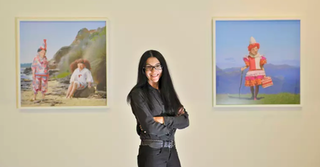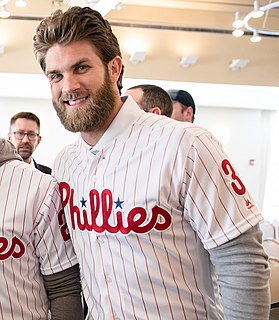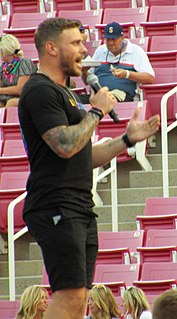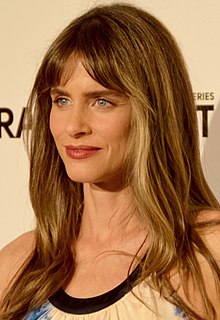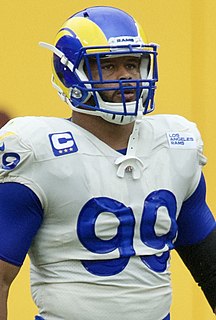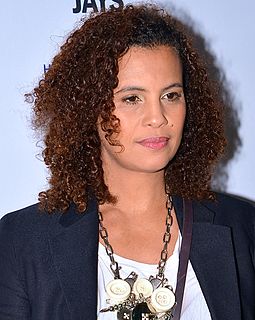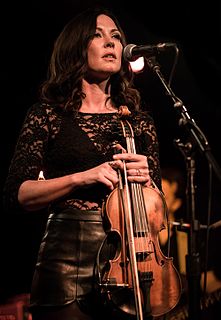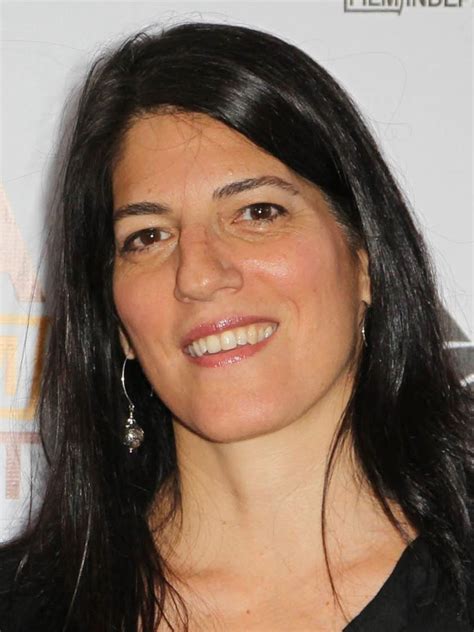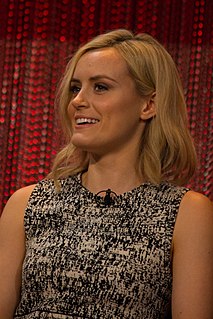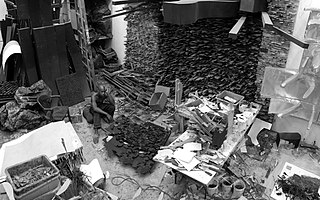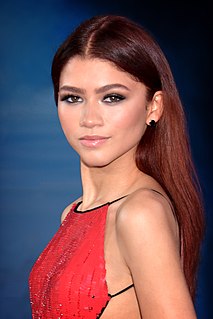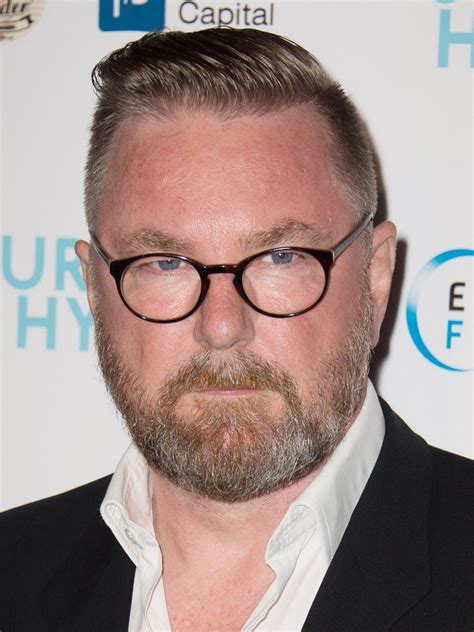A Quote by Polixeni Papapetrou
I wanted to make a body of work that looked at what it felt like to be a boy going through adolescence.
Related Quotes
I have felt so insecure about my body at times. I've been on every end of the spectrum. I felt like I was too skinny and wished I could be muscular. I've felt like I was chubby and wanted to be skinny. I think everybody suffers from body image issues. I might exude confidence sometimes, but I'm pretty insecure.
I've always been doing stuff, being creative. But I got to the point where I starting to feel this longing, craving, itchy feeling - which was the first sign that it was time. I've made a few attempts to make other solo records, but when I've looked back at the body of work I've always felt like I was never quite there.
I started school because I felt like, as a songwriter, I was operating solely on instinct, and I was having a hard time deciding exactly what words I wanted to use. I felt like I wanted to be a writer, and being a curious person, school felt like a way to solve the problems I was having with my own work.
It was strange to stand there in front of the mirror and see myself like I was my own best friend, a kid wanted to hang with forever. This was a boy I could travel to the seacoasts with, a boy I'd like to meet up with in foreign cities like Calcutta and London and Brazil, a boy I could trust who also had a good sense of humor and liked smoked oysters from a can and good weed and the occasional 40 ounces of malt. If I was going to be alone for the rest of my life this was the person I wanted to be alone with.
It felt really nice to not have anybody talking about numbers, and no one is talking about ratings. From my experience, it felt like there was one person running the ship and it felt like there was space for Jenji to be at the helm. That's not what I've experienced in television before. It felt more akin to an interesting movie, where there were producers who were really excited by the work and wanted to make space for the director's vision to be sort of shared with an audience. It felt more cohesive.
When I am working a book, I go through my library and take a look through some of the great cartoonists of the past, like Cliff Sterrett, who did "Polly and Her Pals," or Winsor McCay who did "A Little Nemo in Slumberland," and Herriman - and I just looked through these guys and looked for somebody to steal. You know, looked for who I could swipe, or turn into - who's work I will turn into my work. And I still use, after all these years, these artists as inspirations. So, here in my eighties, I go back to when I was eight for my inspiration.
I started making work, and it's like, yes you are calling out all of these things that are part of your memory, your body's memory, things that have gone through your pores, what you've seen, what you've experienced, and you spill them out without thinking. I don't think so much about, "Okay, I'm going to make work, and it's going to be about this." It's just going to come out.
Sizing was also important to me; I wanted to make sure that nobody felt alienated or felt like they weren't thought about in the process of this brand. I wanted to make sure that everyone felt included, which brings us to the gender neutral pieces - the idea of wearing what you want and whatever makes you feel comfortable and confident. I think that's the overall feeling of the Daya collection.
